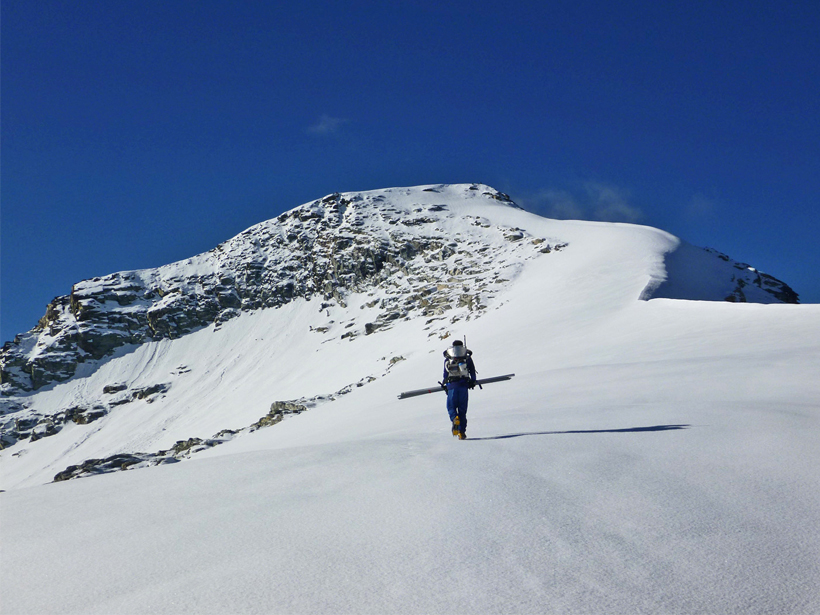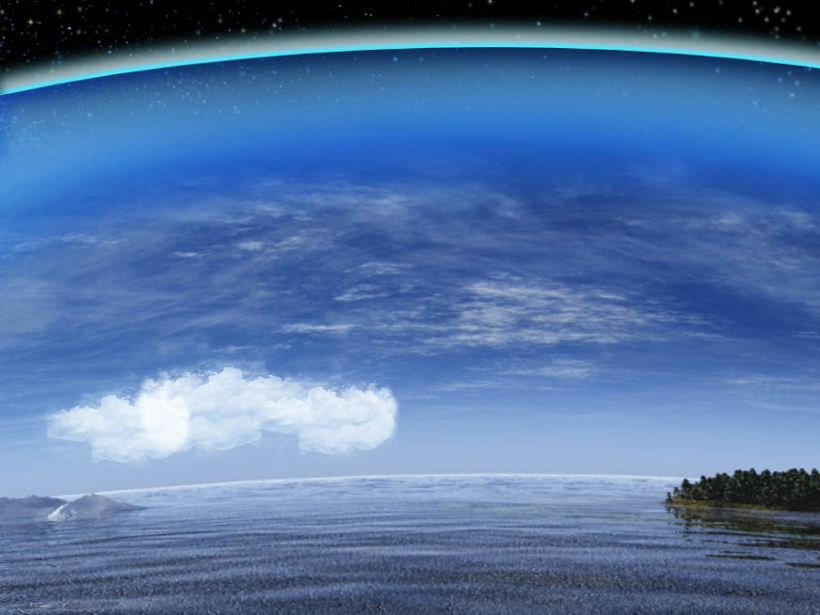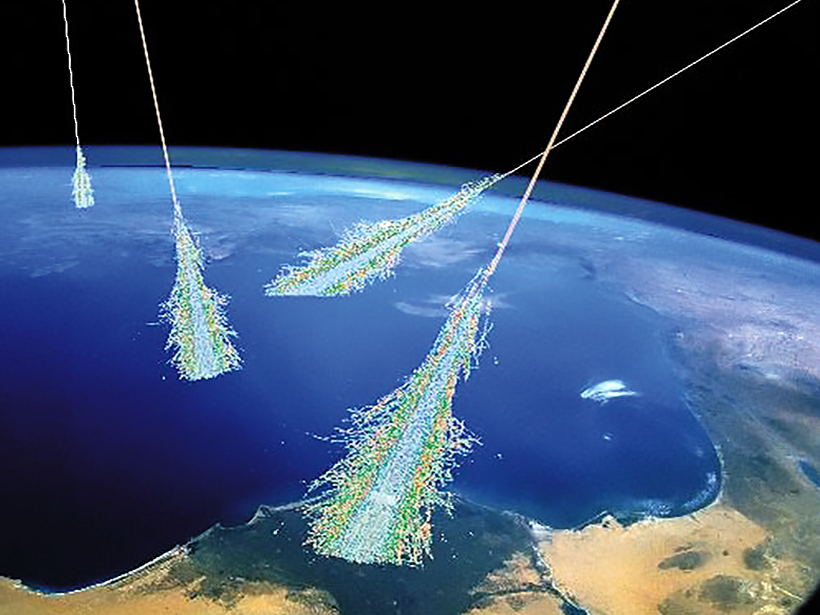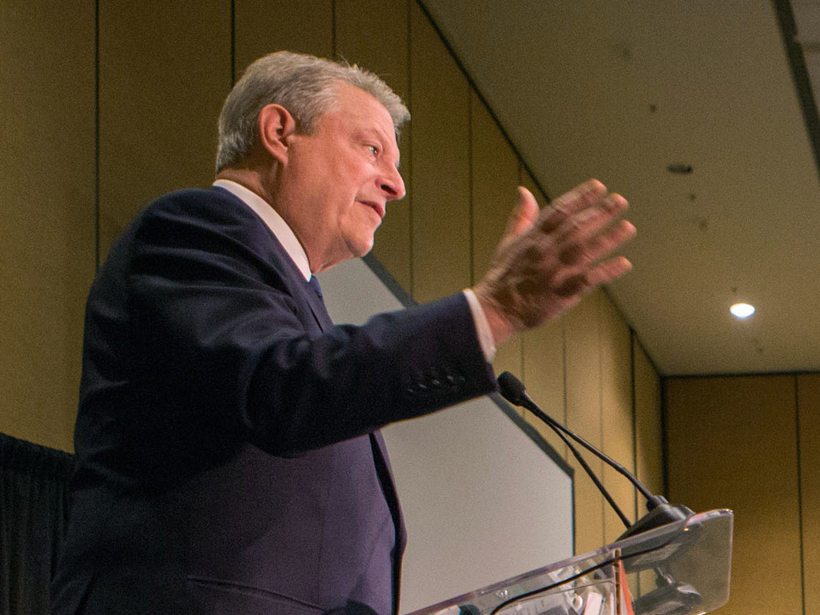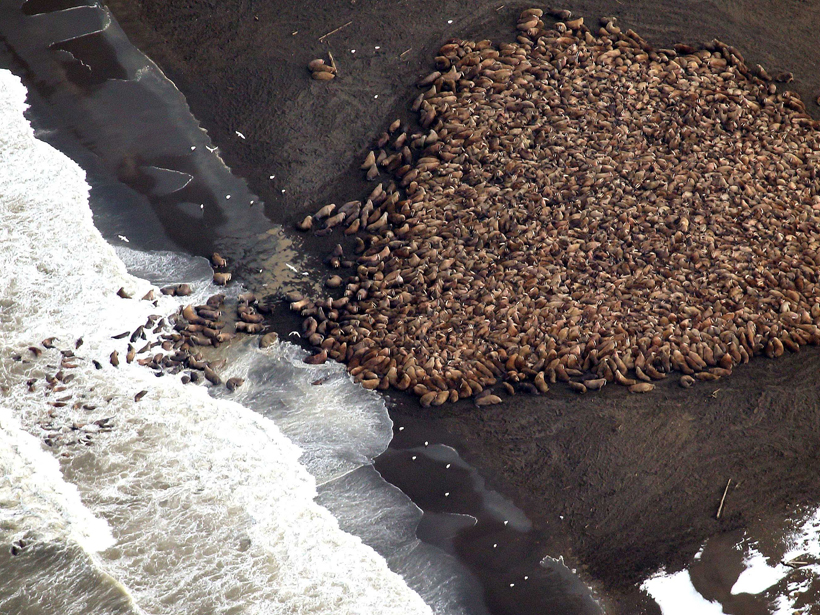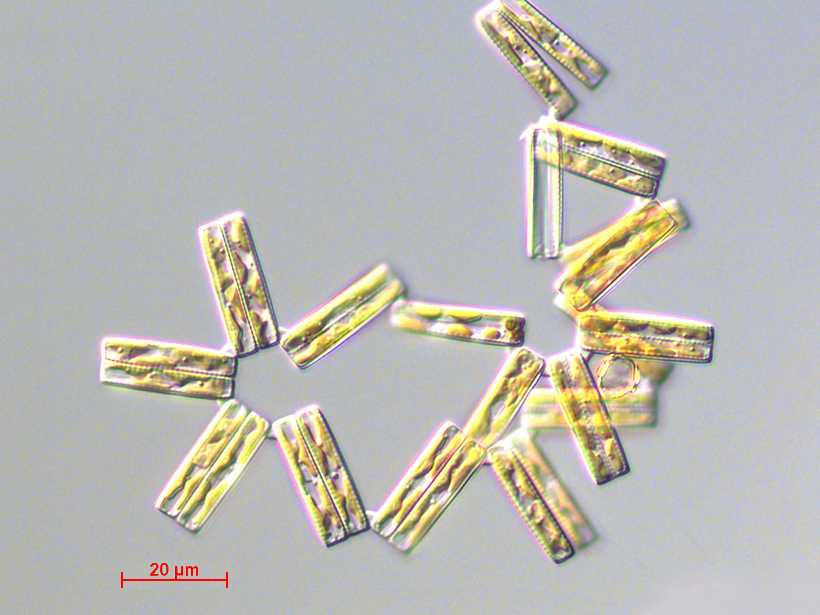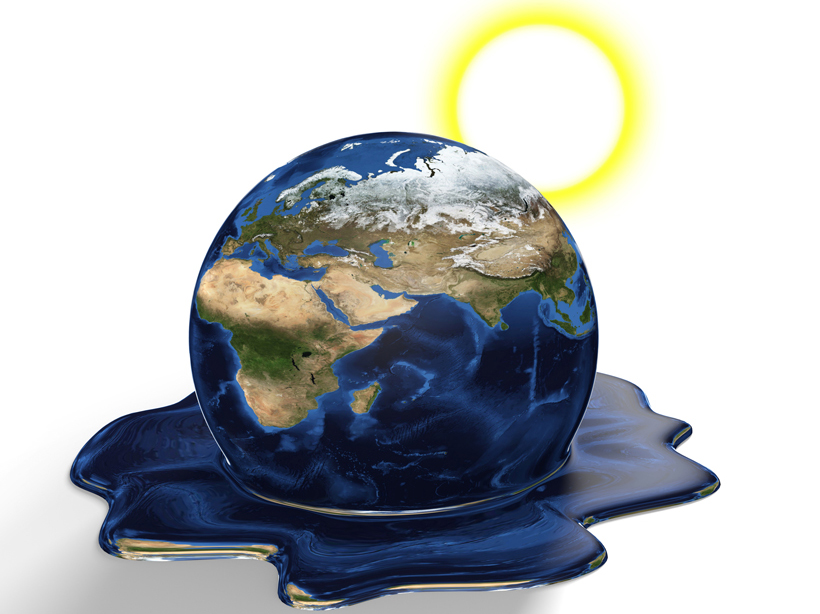Scientists studying tiny glaciers in Switzerland created models to determine how the world's diminutive glaciers would fare under rising temperatures.
Climate Change
How Biofuels Can Cool Our Climate and Strengthen Our Ecosystems
Critics of biofuels like ethanol argue they are an unsustainable use of land. But with careful management, next-generation grass-based biofuels can net climate savings and improve their ecosystems.
Toward Improving Decadal Climate Predictions
Aspen Global Change Institute Workshop on Decadal Climate Predictions: Improving Our Understanding of Processes and Mechanisms to Make Better Predictions; Aspen, Colorado, 7–12 June 2015
Trying Out Muons to Detect Carbon Leaks
Scientists look into tracking carbon dioxide within a sequestration reservoir—and spotting possible leaks—by observing naturally generated, fast-moving muons that penetrate the underground storage area.
Gore Calls Paris a Good Start on Climate, but More Action Needed
The former U.S. vice president said the Paris agreement offers hope for stabilizing the climate. He also discussed Earth observation instruments used to monitor and understand the planet.
Arctic Report Card Highlights Profound Regional Changes
The annual assessment focuses on changes to sea ice, snow cover, temperature, and other indicators. Scientists say that changes in the Arctic also affect climate globally.
Plankton Reveal New Secrets About Ancient CO2 Levels
An analysis of phytoplankton shells doubles previous estimates of the amount of carbon dioxide in the atmosphere 11 million years ago.
Experts Focus on Efforts by Cities to Deal with Climate Change
Urban areas must take political and practical considerations into account as they prepare for the effects of climate change, say experts at AGU Fall Meeting.
Perspectives on COP21
Climate change is a well-defined, global problem that nations are finally acknowledging.

